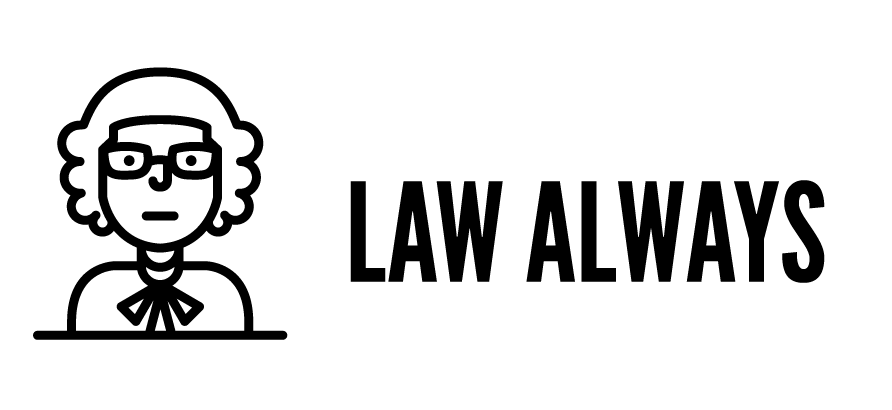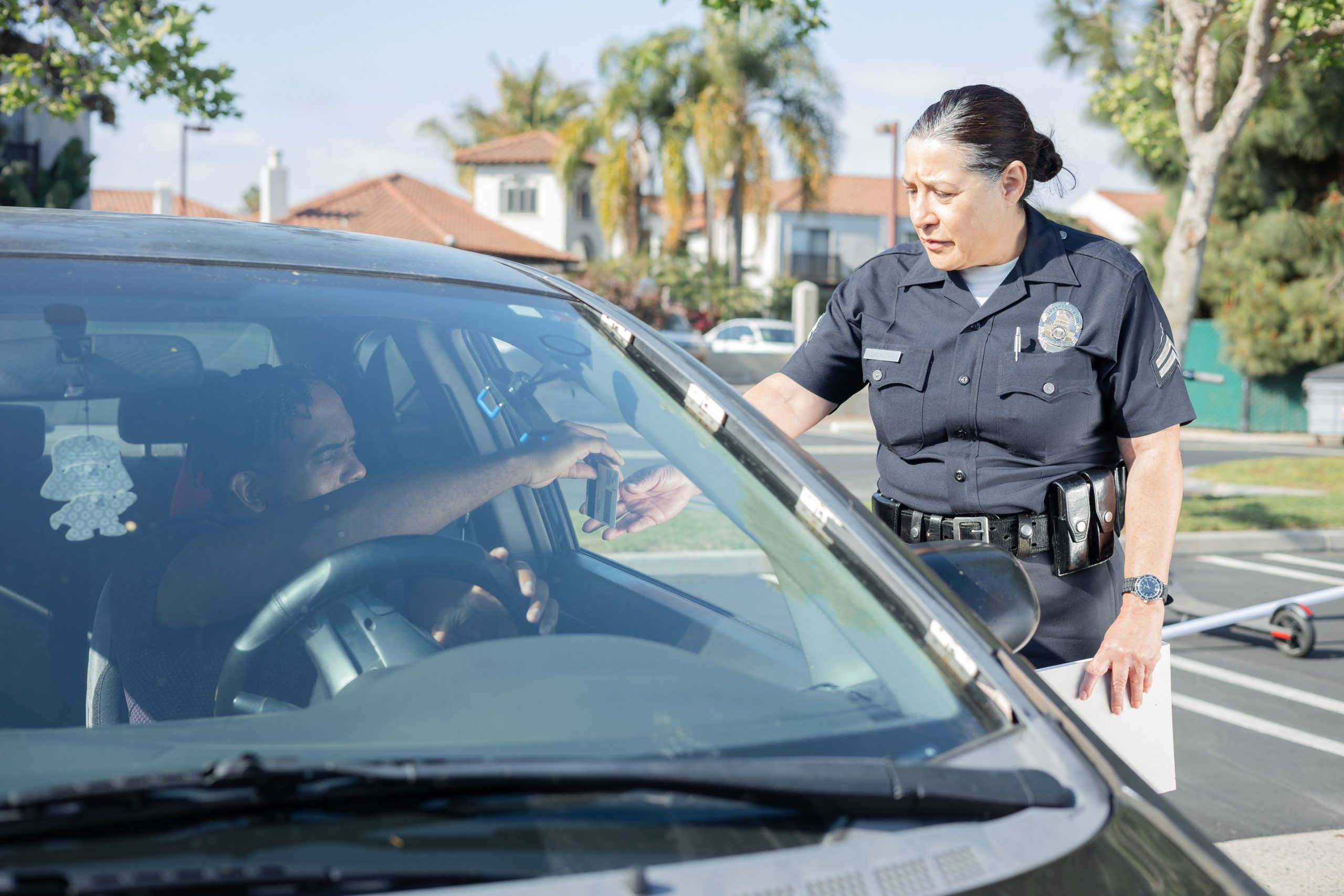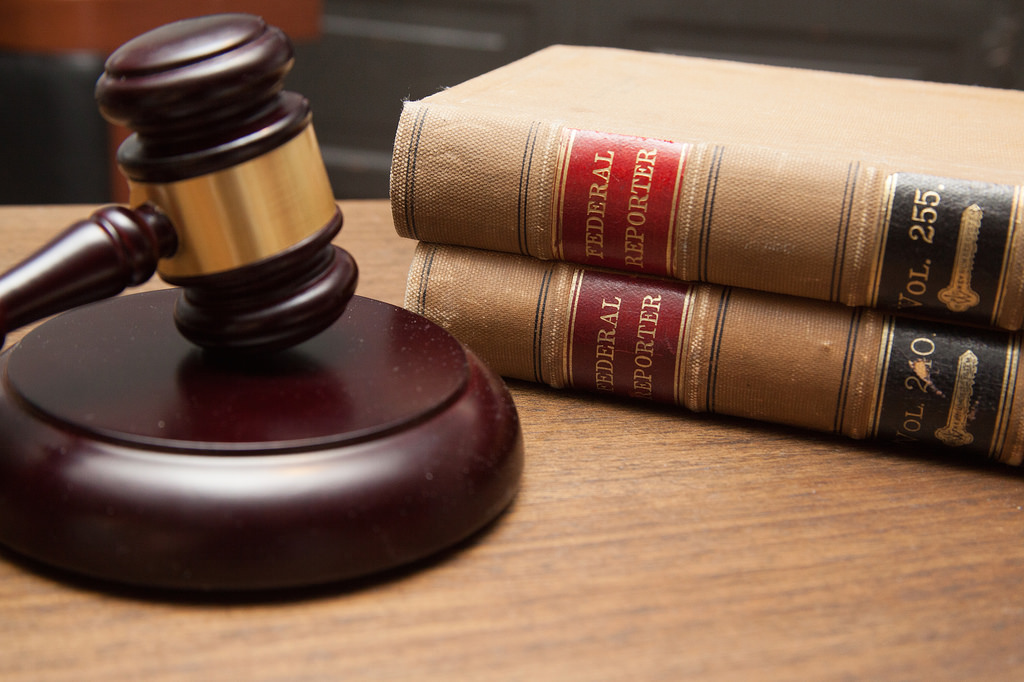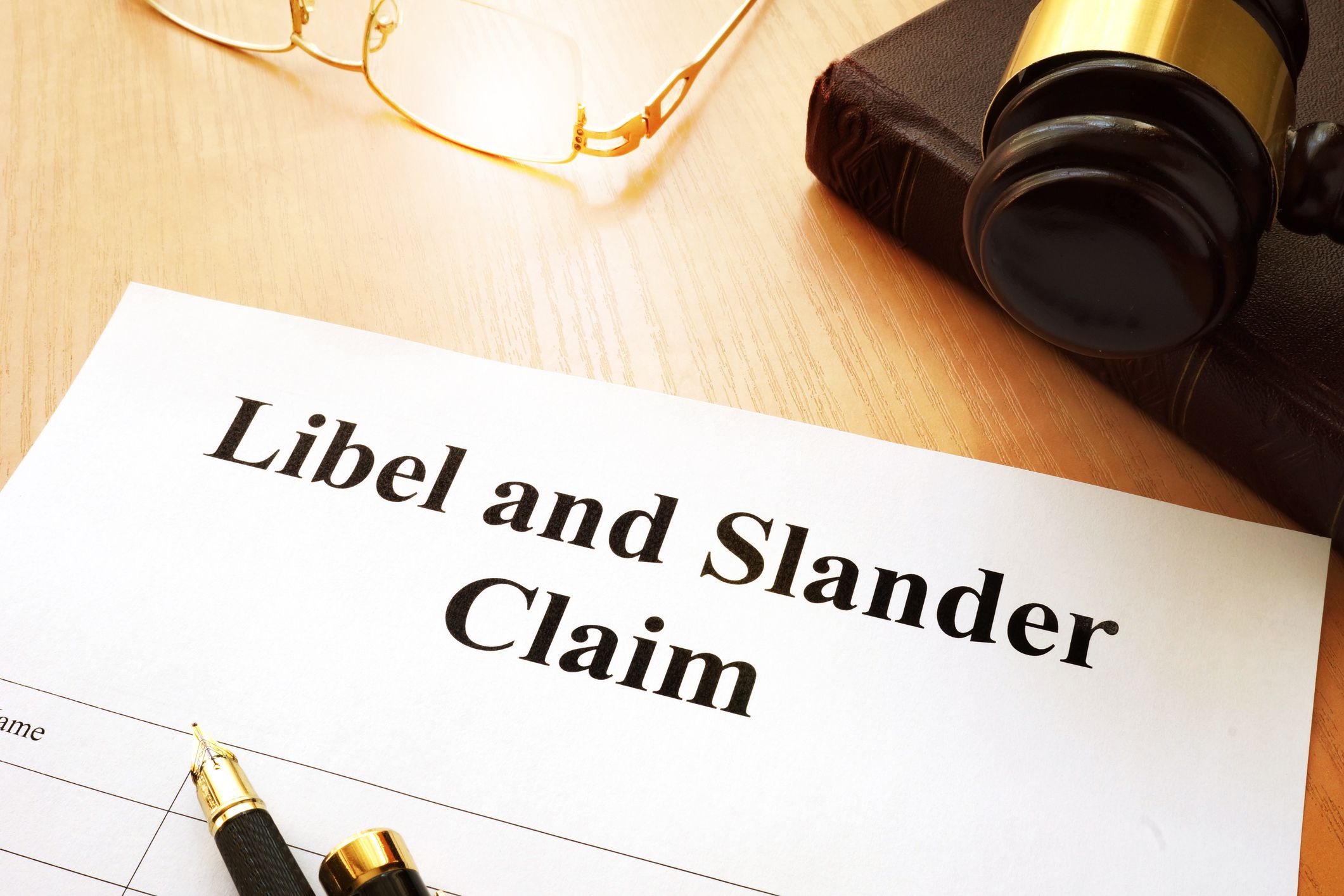Each province does have its own set of drunk driving sentencing guidelines and prison sentences. Most states allow for a first-time offence to be charged as a misdemeanour. Nonetheless, they take drunk driving deeply and impose severe penalties for multiple offenses and aggravating factors. However, in some states, a first-time complaint is not even considered a misdemeanor, but rather a civil infraction. Furthermore, states differ in how much discretion a judge has over the penalties to be imposed. Some states impose minimum sentences, whereas penalties in other states vary depending on the circumstances.
What is DWAI?
Driving While Ability Impaired is abbreviated as DWAI. There are three types of DWAIs in New York state. Driving Whilst also Ability Affected by Alcohol, Driving While Ability Impeded by a Single Drug Other Than Liquor, and Driving Whilst also Capacity Impaired by a Combination of Drugs or Alcohol are the three options. As per Transportation department of the New York Department of , a driver entitles for a DWAI/Alcohol if their BAC is greater than.05 but less than.07, or if they have other evidence of impairment.
What are the penalties for a DWI conviction?
Prison Time
Penalties for a DUI conviction may include prison sentences, fines, mandatory alcohol diagnosis and management, community work, and probation. While some jurisdictions necessitate a minimum number of jail time if convicted, the most common penalty in most first-time DUI cases is six months in prison.
Fines
DUI convictions are almost always met with fines. DUI fines vary greatly by state. However, the same factors that increase jail time generally increase the amount of the fine the driver can expect to have to pay.
In other phrases, the appropriate amounts increase in general proportion to the number of previous offenses the driver has. DWAIs with aggravating factors typically result in higher fines.
License Suspension
If you are found guilty of DWAI, you will almost certainly face licence revocation. As part of the sentence, your licence may be suspended by the state’s Department of Motor Vehicles and by a court order in all states. The length of the suspended is determined by each state.
What are all the impacts of a DWI arrest?

Revocation of a Driver’s License
A DWAI conviction can result in the suspension of your driver’s licence for up to 2 years after your first guilty verdict. A DWAI conviction makes it hard to get to work or, if your job requires you to drive, it may result in your dismissal. It is also stressful to lose the ability to drive your car.
Getting a Job
A DWAI arrest and prosecution may also have an impact on your current job. Dates in court, time behind bars, and community outreach hours can all disrupt your work schedule and jeopardise your job. Furthermore, when they have a DUI on their record, job seekers may be at a significant disadvantage compared to other applicants.
Status of immigration
When you are convicted of DWI, you could end up losing your judicial right to stay in the US and apply for permanent citizen status.
Military
A DWI conviction may make joining the Army, Air Force, Marine Corps, or Navy more difficult. Armed forces personnel are held to a higher standard of conduct than the public at large. Even though it is ones first DWI guilty verdict, offence or occurred on personal time or while on vacation, has the potential to ruin your career and result in a sacking in rank or a discovering that you are unfit for service.
Professional Connections
A DWAI arrest, even if not a conviction, can have a negative impact on how your work colleagues and employer interpret you. Even if users try to keep it quiet, your DUI arrest may be widely publicised by local media, permanently tarnishing your reputation.
How can you protect yourself from a DWI charge?
Accused drivers ought to be conscious from several methods for defending themselves against driving drunk claims. To start, suspect drivers could be able to contest the traffic violation that led to their arrest, as well as a breath test or ground sobriety test that led to their driving drunk charges. To defend the rights of accused drivers, authorities must follow certain procedures, including meeting the legal benchmark for trying to conduct a traffic stop.
A drunk driving defence may also be based on challenging the accuracy or reliability of a breathalyser test. Breathalyser tests must be properly maintained and routinely calibrated to produce reliable results. The officer dispensing the test should ensure that the driver’s bodily excretions do not influence the outcomes.
There are various criminal defence options and resources for drivers facing drunk driving charges.
So what would you to do if you’re jailed for driving while intoxicated?
However, taking the appropriate steps as soon as you are arrested is critical to your safety and the consequence of your trial.
Step 1: After the arrest, take the chemical test.
The contaminant test is intended to reveal a variety of details, the most important of which is your existing blood alcohol concentration. Officers can calculate the amount of alcohol in ones blood at the moment of your arrest based on this level. Most states require this, and refusing to do so is punishable by law.
Step 2: Speak with a DUI lawyer.
For DWI cases, never hire a general attorney. DUI laws are complicated and necessitate a thorough knowledge of legal system. Whereas other lawyers may be capable of representing you in court, you can only hope for a favourable outcome in ones DWI defending if you hire a specialised DUI attorney.
Step 3: Find a bail bond agent.
Following an arrest, bail is frequently required. While most people are released without bail, in some cases a bondsman is required. These people will demand payment up front. They will make bail with you once the payment is made.
Step 4: Request a hearing with the DMV.
You only have a certain amount of days after ones arrest, including weekends and holidays, to ask a DMV listening in writing. The outcome of this hearing will ascertain whether you will be able to keep your driver’s licence.
Step 5: Get ready for your court date.
The part of your court hearing throughout which users gain entry your plea is known as the initial hearing. Do not enter a guilty plea. You must retain the assistance of a professional DUI attorney.






